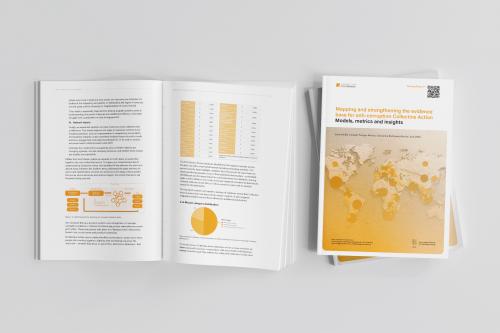Exploring attitudes towards corruption through the lens of social norms in East Africa
What is corrupt behaviour? In order to better understand how endemic corruption “works” from the perspective of the affected populations themselves, researchers from the Basel Institute explore behavioural factors that impact attitudes towards petty corruption in Rwanda, Tanzania and Uganda. One of the milestones of the research project has now been successfully completed with a systematic literature review.
This review, to be published in 2017, represents the first effort to systematically explore the intersection between the literature on behaviouralism and corruption studies. The first research findings revealed that what is understood as corrupt behaviour varies significantly across contexts. Especially in non-Western cultures, a prevalence of petty corruption can very often be linked to social norms and practices of reciprocity, sharing, and gift giving which in turn embody deeply held values of gratitude, hospitality, and social justice.
Emerging findings from the field research activities throw light on the social realities at the community level that shape how citizens experience and understand corruption. For example, grassroots perceptions that bribing is not necessarily to be considered corrupt behaviour are linked to the pragmatic recognition that bribing is but one of the several strategies that citizens resort to in order to solve problems, obtain needed services and resources.
The research project on Corruption, Social Norms and Behaviours in East Africa is funded by DFID’s East Africa Research Fund. It’s headed by Dr Claudia Baez Camargo from the Basel Institute and includes fieldwork collaborators from the Makerere University (Uganda), the Protestant Institute of Art and Social Sciences (Rwanda) and University of Dar es Salaam (Tanzania).



